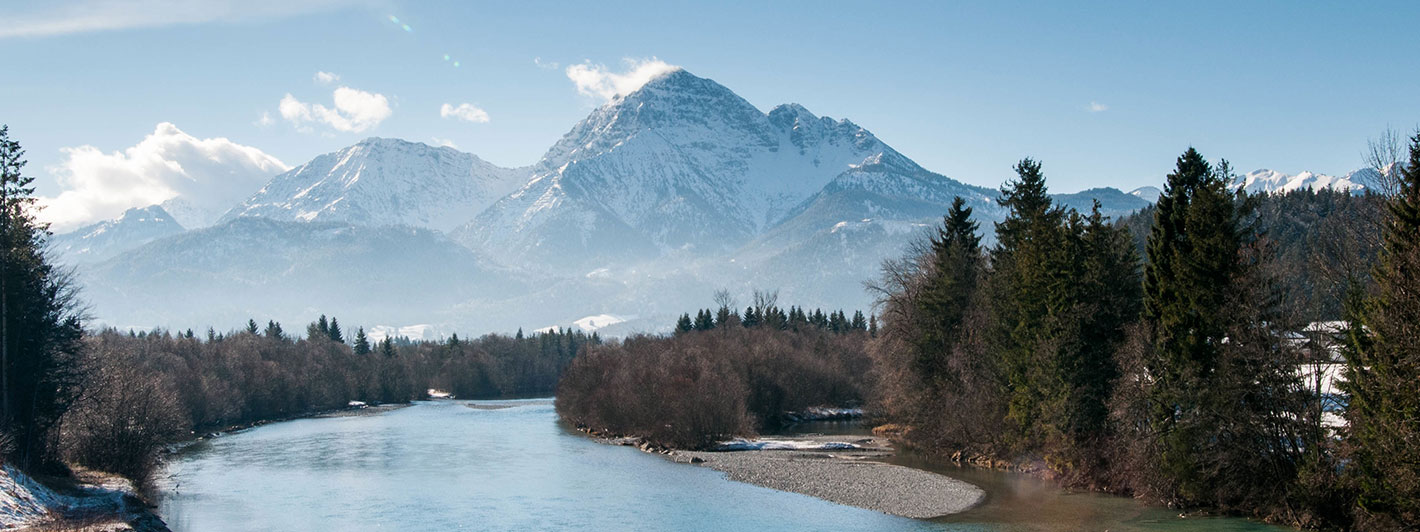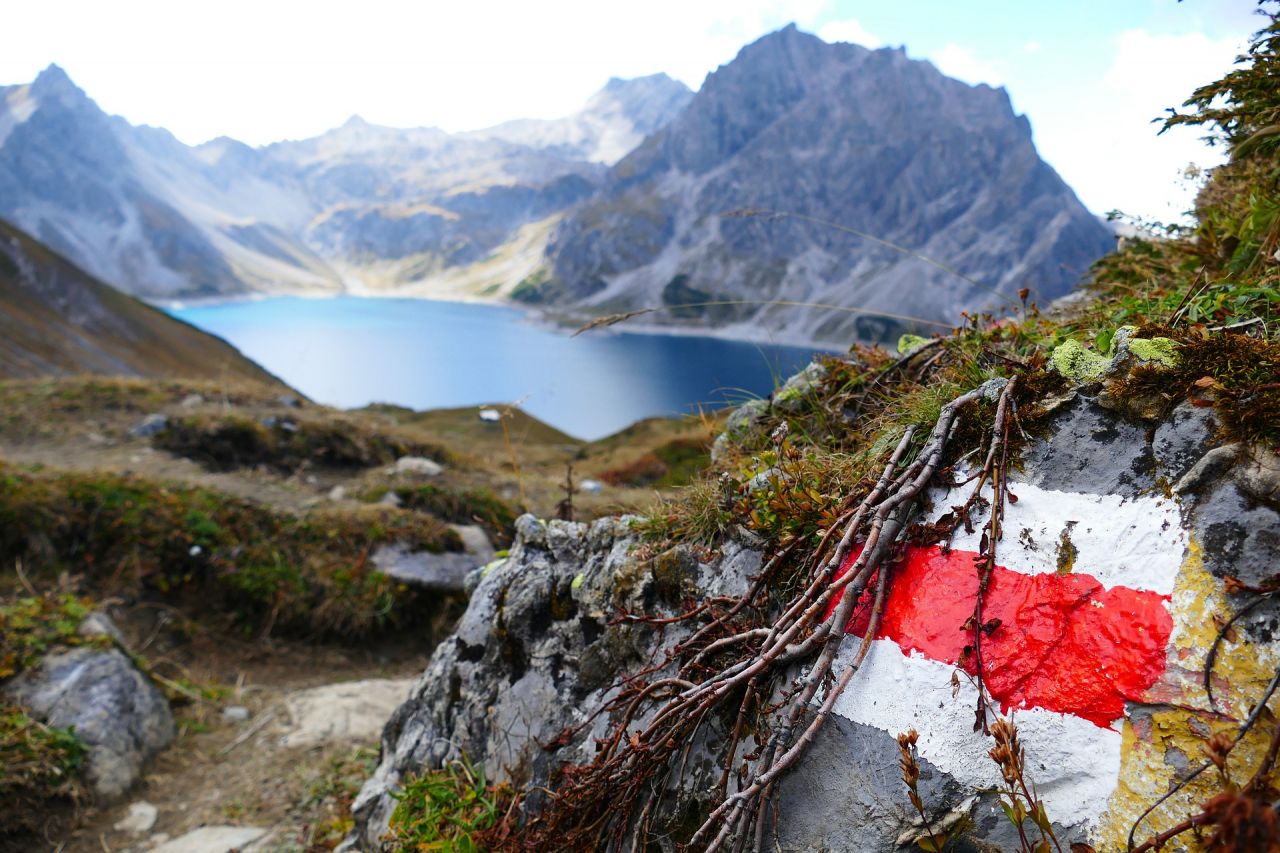Explore Citizen Science Projects
Welcome at Österreich forscht!
Here you can find everything about Citizen Science in Austria. In the future, it should be just as normal to work in a citizen science project as to be a member of an association, e. g. the voluntary fire brigade or a music ensemble. We want people to see science no longer as an elite programme, but as a process that affects all our lives, a process which is an important part of society and is worth understanding. However, the fun and enjoyment of research should not be neglected. We do not understand citizen science as an infotainment concept, but as a collaborative process through which new insights can be gained.
Mosquito Alert
- health
- animals
Mosquito Alert is a citizen science project that allows tiger mosquitoes and other mosquitoes to be easily reported using a free app. Tiger mosquitoes are always smaller than a 1-cent coin, have a single white line on the back of the head and thoraxand white stripes on the body and legs.…
Invasive Plants in View
- land use
- plants
Monitoring in the Karawanken UNESCO Global Geopark Together we can limit the spread of invasive species and protect the biodiversity of our mountain regions! Introduction Our Citizen Science project is dedicated to monitoring invasive alien species (IAS) in the mountain regions of the Karawanken Geopark. Invasive species are plants or…
City Layers
- politics
- health
- culture
Citizen Mapping as a Practice of City-Making The project “City Layers: Citizen Mapping as a Practice of City-Making”, funded by the Austrian Science Fund (FWF) introduces a contemporary framework for city-mapping which centres on citizen experience of urban space as an integrative way to contribute to more egalitarian city design. Within the frame of the Citizen…
Since April 2021, the University of Vienna has been working on the project BaF - Biodiversity in Cemeteries in cooperation with Friedhöfe Wien GmbH (Vienna cemeteries). The aim is to document biodiversity (the occurrence of a wide variety of animals, plants and fungal species) and to investigate the active and…
Open Reassembly
- history
- culture
Many archaeological artifacts today are only preserved in fragments. Reassembling these parts into their original form is therefore an important but challenging task for archaeology. Computer-assisted methods can facilitate this task or even partially solve it in some cases. However, due to the usually poor preservation of these artifacts and…
Frog in a drop of water
- animals
- fungi
- land use
- water
State-of-the-art DNA technology and citizen science - "Frog in a drop of water" unleashes new prospects for amphibian research Detective work for amphibian protection - for the first time, amphibian screening is being carried out throughout Austria by detecting their DNA traces in water - and everyone can take part.…
Show me your mouse, cat!
- animals
Your cat - our researcher Attention cat owners in Vorarlberg! Under the motto "Show me your mouse, cat!", we are collecting dead mice and other small mammals that your cat brings to your home. From June to November 2024, you can hand in these "gifts" from your cat to us…
DeVOTE
- politics
DeVOTE is a research project funded by the European Research Council (ERC) from January 2021 to December 2025, and led by Ass.-Prof. Carolina Plescia to develop and apply a new approach to study what ‘voting’ means for ordinary citizens. The project’s goals are: understand what ‘voting’ means for ordinary citizens; examine the variation…
The Austrian wide winter bird count of BirdLife Austria Every year, the bird conservation organisation BirdLife Austria hosts the "Hour of Winter Birds", the Austrian winter bird count. All nature lovers are invited to count birds for one hour on the days around January 6th. All participants actively contribute to…
Pollen Diary
- plants
- weather
- health
The Pollen Diary was launched back in 2009 as a scientific project as part of a master's thesis at the WU Vienna Executive Academy. Meanwhile it has become an important service for pollen allergy sufferers in 13 European countries: Austria, Germany, Switzerland, France, Great Britain, Sweden, Finland, Croatia, Hungary, Lithuania, Serbia,…
PATIO - Patient Involvement in Oncology
- language
- health
Be an expert on your disease and join our research! The PATIO initiative is working hard to strengthen the voices of prostate cancer patients and their caregivers heard in medical research. Why is it important to act now? Porstate cancer affects a considerable number of people in Austria. On the one…
ABOL-BioBlitzes
- animals
The lack of sustainability in human activity is leading to the global destabilisation of our natural systems. The resulting biodiversity and climate crises require a transformation to an environmentally sustainable society. However, the expertise in the field of taxonomy required for this transformation is often only shared by a few…





